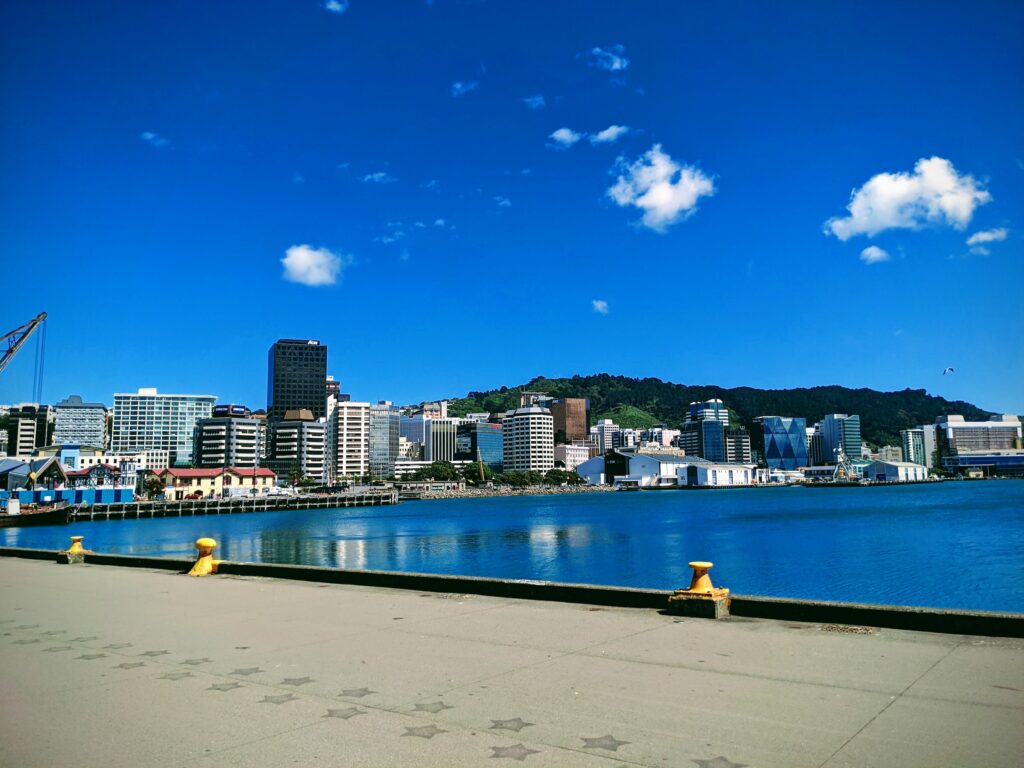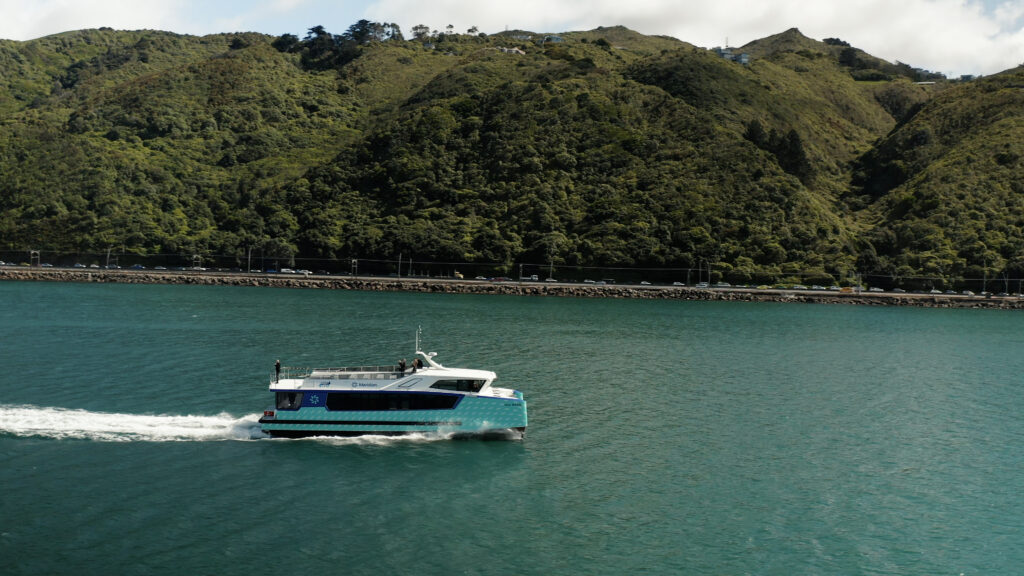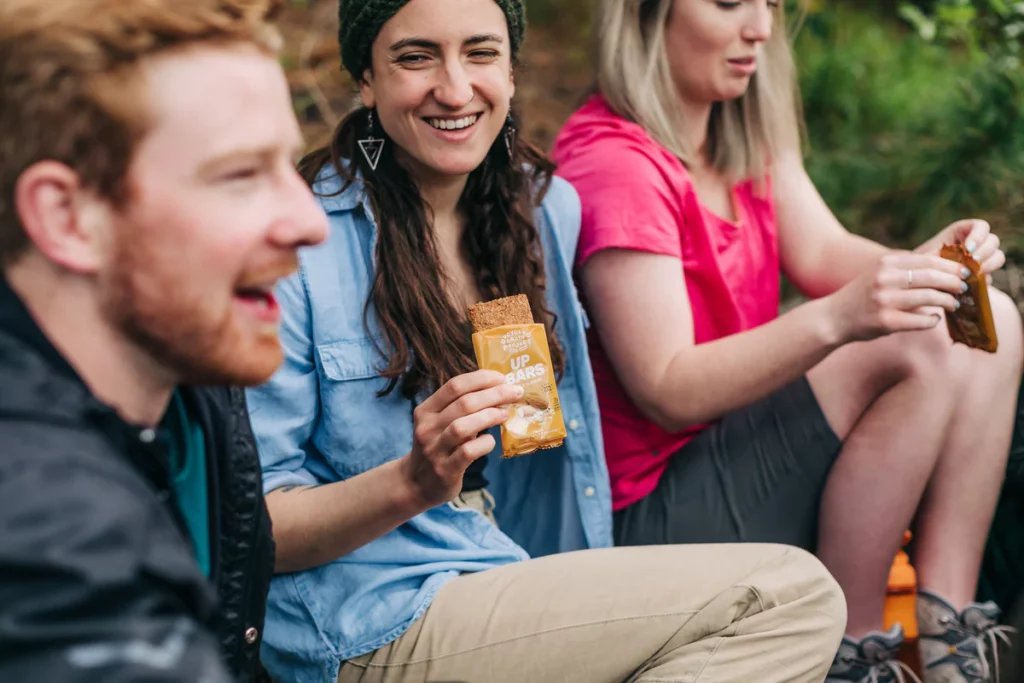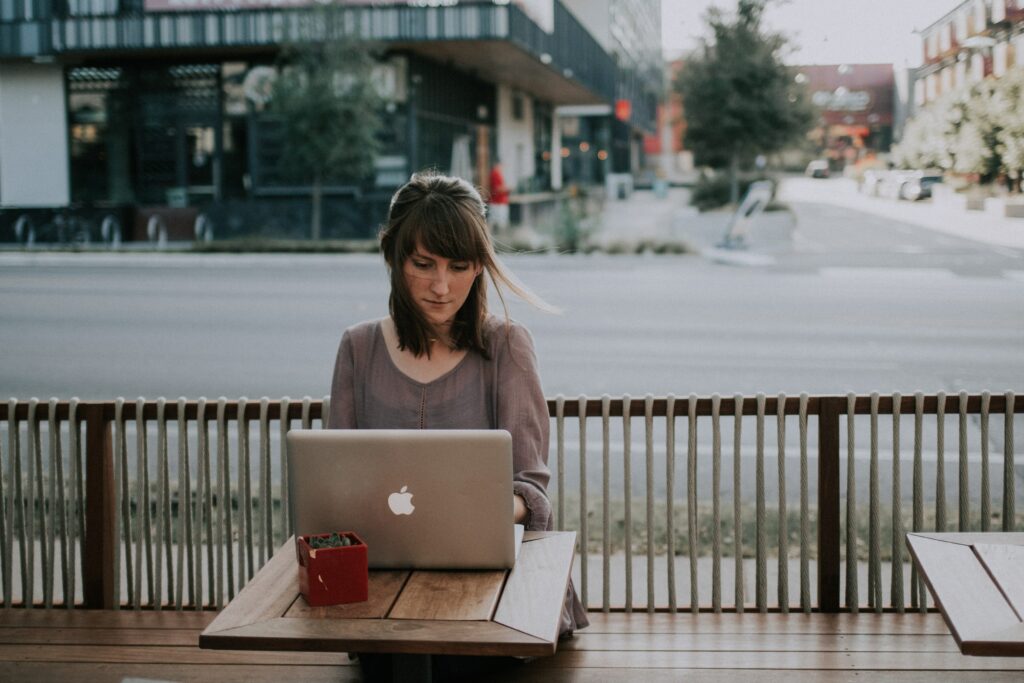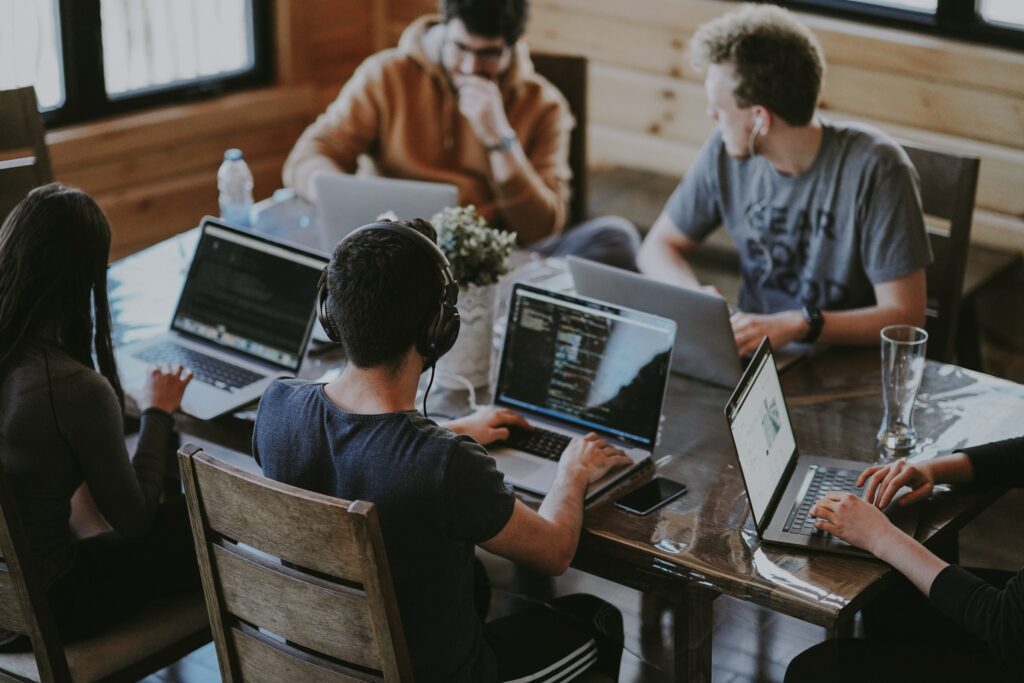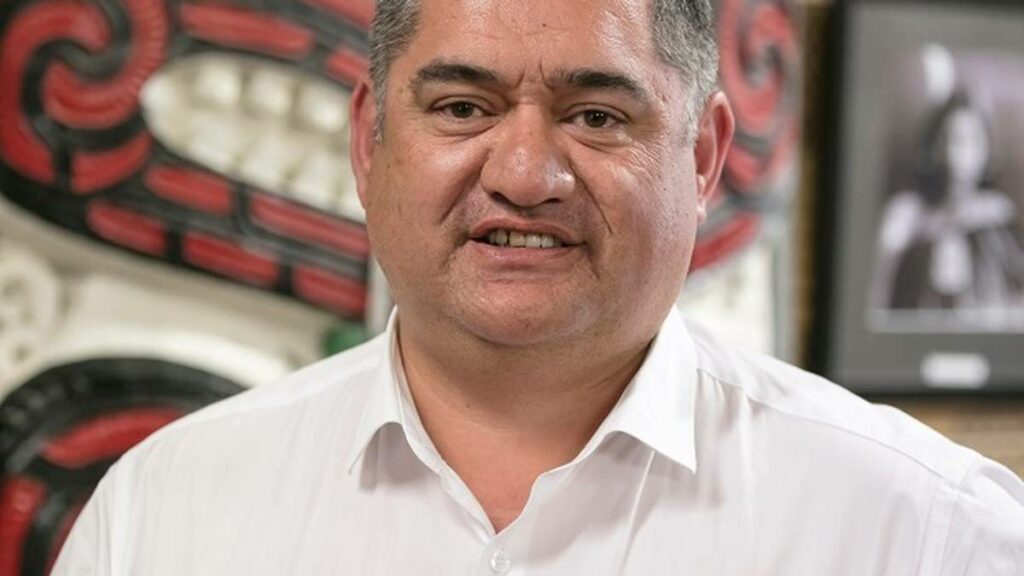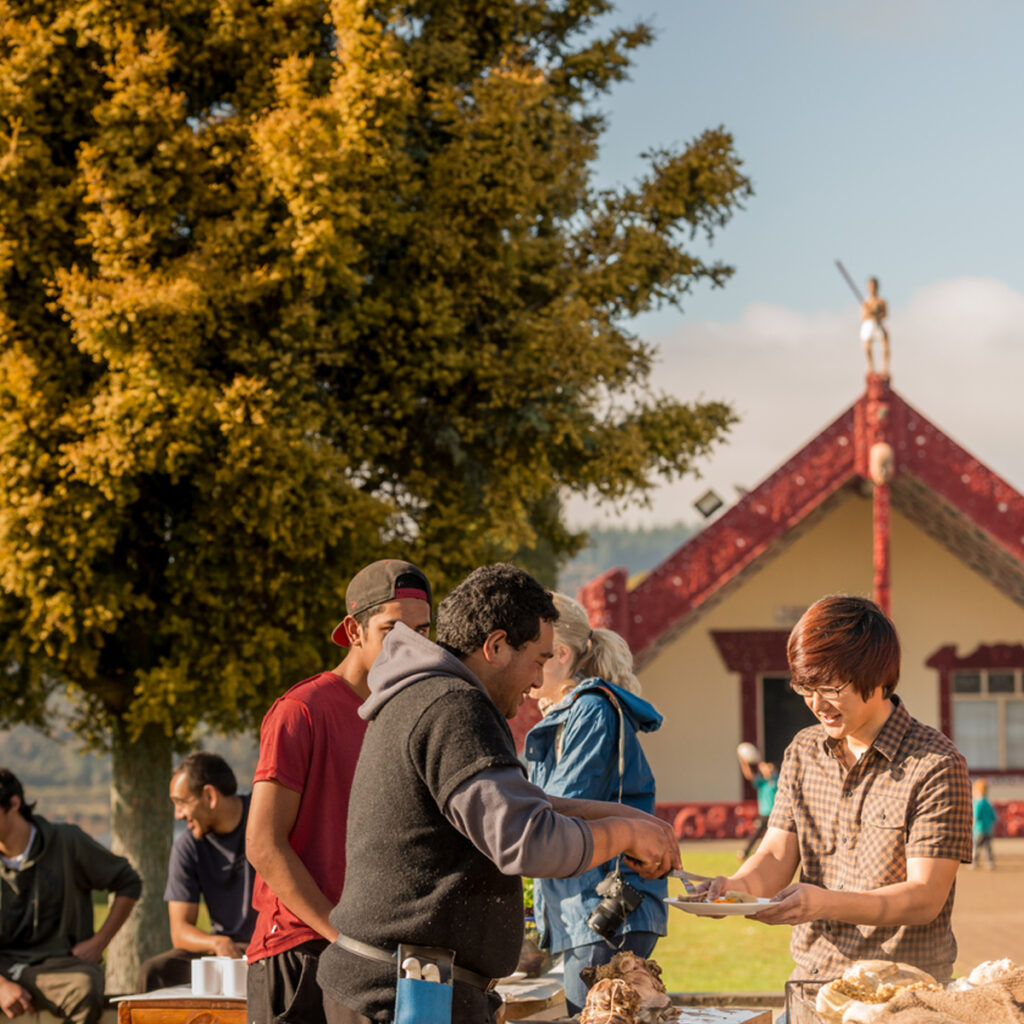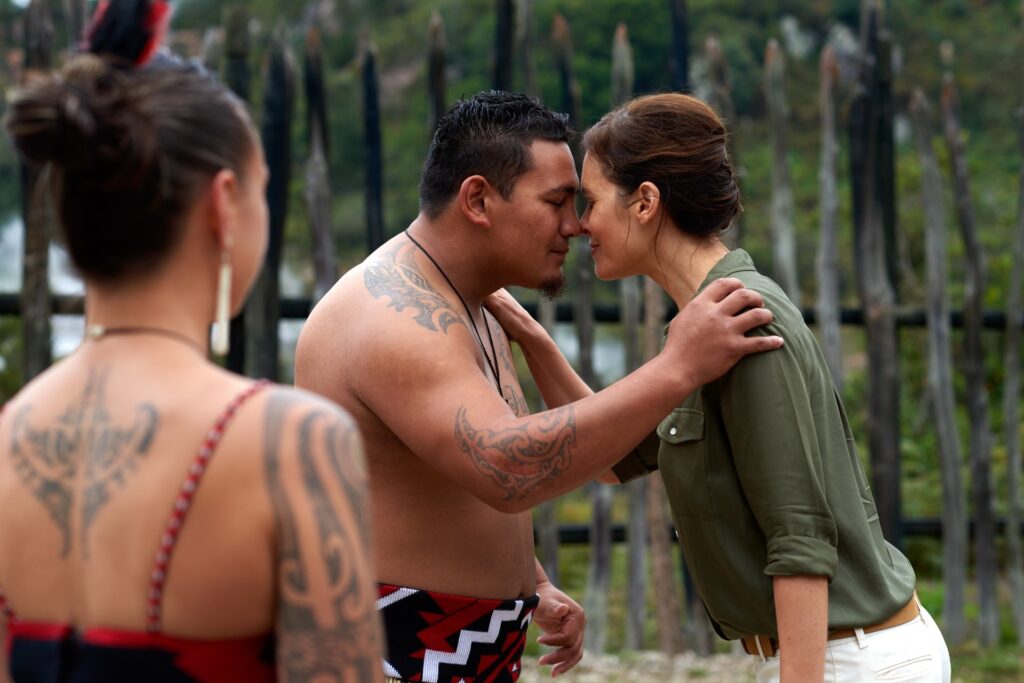Where has the rise in inflation come from?
Explaining the rise in inflation isn’t straightforward or simple. A number of factors have combined over the past few years to create the current environment facing businesses, an environment which is very different to the one we saw pre-pandemic. Over the last couple of years, most western Governments, through their respective central banks, have made large amounts of money available at record low rates to keep businesses afloat during the pandemic, which has seen demand increase and supply struggling to keep pace. When combined with global supply chain issues resulting from ongoing lockdowns (such as those in China) and the conflict between Russia and Ukraine resulting in increasing energy costs, we’ve seen growing inflationary pressures as a result. Now central banks are looking to get inflationary pressures down and back to a more even keel, by reigning in that spending using interest rates as a lever. This means a shift in interest rates back to more historically normal levels.
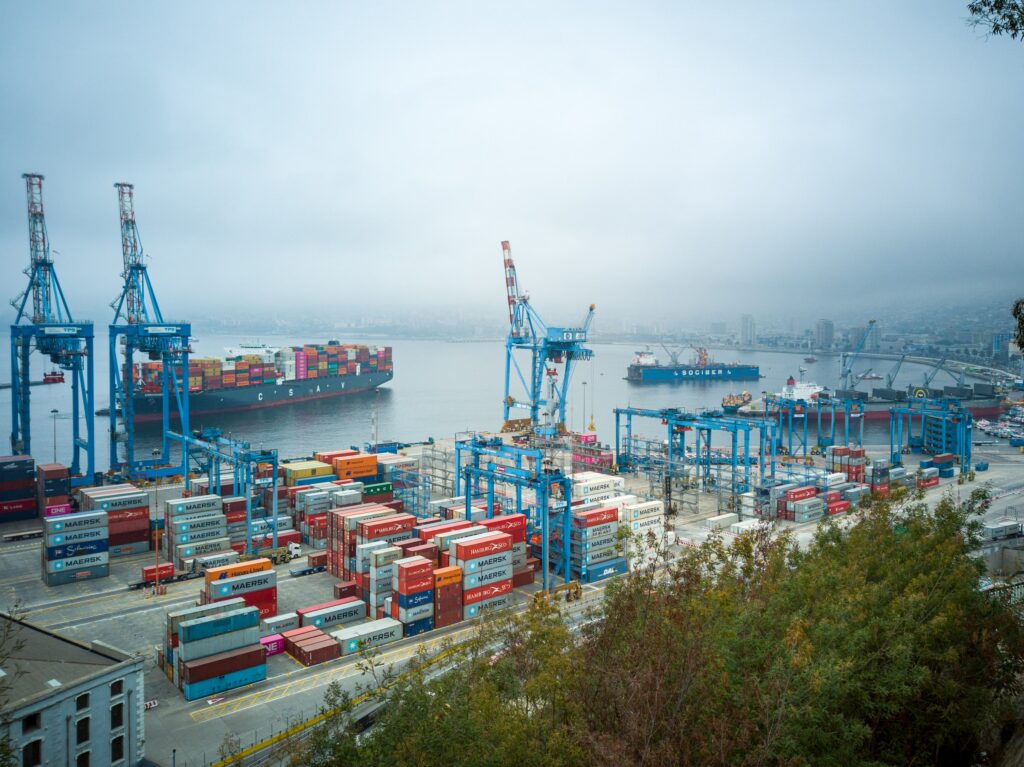
What effect has this had on our export businesses?
A key challenge for Kiwi businesses is that many have struggled to get their raw materials at the right time and or ship out to market finished goods on time due to supply chain constraints. These supply chain issues have added additional costs as freight rates have gone through the roof, businesses have had to ship products through alternate routes of trans -ship and through shipping irregularities have required them to hold additional stock as they are unable to source goods in a normal, timely manner. On top of this, staff attraction and retention to meet rising demand has been a real challenge, and this has all added to business cost structures and the stress level of owners.
What can businesses do to best position themselves for this current environment?
Over the next 12-18 months factoring in these additional costs is going to be really important for businesses. And while the current supply chain impasse will correct itself in time, we’re unlikely to see costs go back to the levels of a few years ago. It’s the same for interest rates. While the current rates will come down eventually, we are unlikely to see interest rates in the 2% range like we experienced over the last couple of years. The global paradigm has changed and it’s important that businesses reflect those changes in their cost structures. The positive news is that it’s a supply side problem and demand has remained robust. We haven’t seen substitution, for example, such as offshore customers choosing the domestic option because goods from New Zealand are more challenging to get or too expensive. That would be the worst-case scenario, and fortunately to date we haven’t seen examples of that..

Six pieces of Key advice
- Look at your cost structures – Consider the levers you can pull to lower your cost of supply. Make the assumption that prices over the next 12-18 months will be increasing, so factor that into your shipping, production and raw material costs. Review your cashflow, interest rates and what your business cycle looks like now and whether the debt structure you have to support that is still appropriate.
- Communication is critical – Ensure you’re constantly engaging with your customers, suppliers as well as your bank or financial advisor. That’s been a real learning for many businesses during the pandemic. For example, giving updates on delivery schedules to customers so they have some certainty y about when your goods are going to be in market. We’ve seen some businesses extend six-month customer contracts to 9, 12 or even 15 months, simply because they haven’t been able to get the raw materials to produce the finished goods. We’re of the view that bad news delivered early is good news. Of course, some conversations are going to be challenging, but it’s better for customers to be aware and plan for those goods at a later stage, rather than simply having them not turn up.
- Consider holding more inventory – It used to be just in time, but now it’s just in case. Over the past six to eight months, we’ve seen more businesses actively increasing their inventory because they’re not sure when their next shipment might arrive, and if you’ve got no product to sell, you’re not in the market. Obviously, this can create challenges for working capital and cashflow, which is where constant communication with your bank or financial advisor can help.
- Be creative when it comes to staff retention – In a rising inflation environment, the desire for more money in people’s pockets is very real. But post Covid, people are looking for more than just higher wages, so think about what you can do to make your employees feel valued, whether that be through flexible working or development opportunities – it’s hugely critical at the moment. Also think about what you’re doing to look after yourself as well as your employees. Many businesses understandably have been operating with all hands to the pump, with owners and employees working crazy hours. This is an unhealthy long term option, so looking at ways to manage stress and fatigue should be front of mind.
- Explore ways to premiumise your products – With discretionary incomes coming under pressure, its prudent to identify the intrinsic characteristics of your product and position it so that it’s got a premium attached to it, that is defendable that can go some way to mitigating the fact that people will have less discretionary income and more discerning about how they use it.
- Review how you show up in-market, both physically and online – The current environment is a catalyst to explore not only what you’re doing currently, but what you could be doing and how you’re reaching into those markets. For example, the recently concluded Free Trade Agreements with Europe and the UK, will, once ratified, be almost immediately advantageous for a number of New Zealand exporters as tariffs are reduced and in some cases eliminated The FTA’s also provides an opportunity for all businesses to consider markets, they haven’t considered previously.
This article is solely for information purposes. It’s not financial or other professional advice. For help, please contact BNZ or your professional adviser. No party, including BNZ, is liable for direct or indirect loss or damage resulting from the content of this article. Any opinions in this article are not necessarily shared by BNZ or anyone else.

 MENU
MENU

